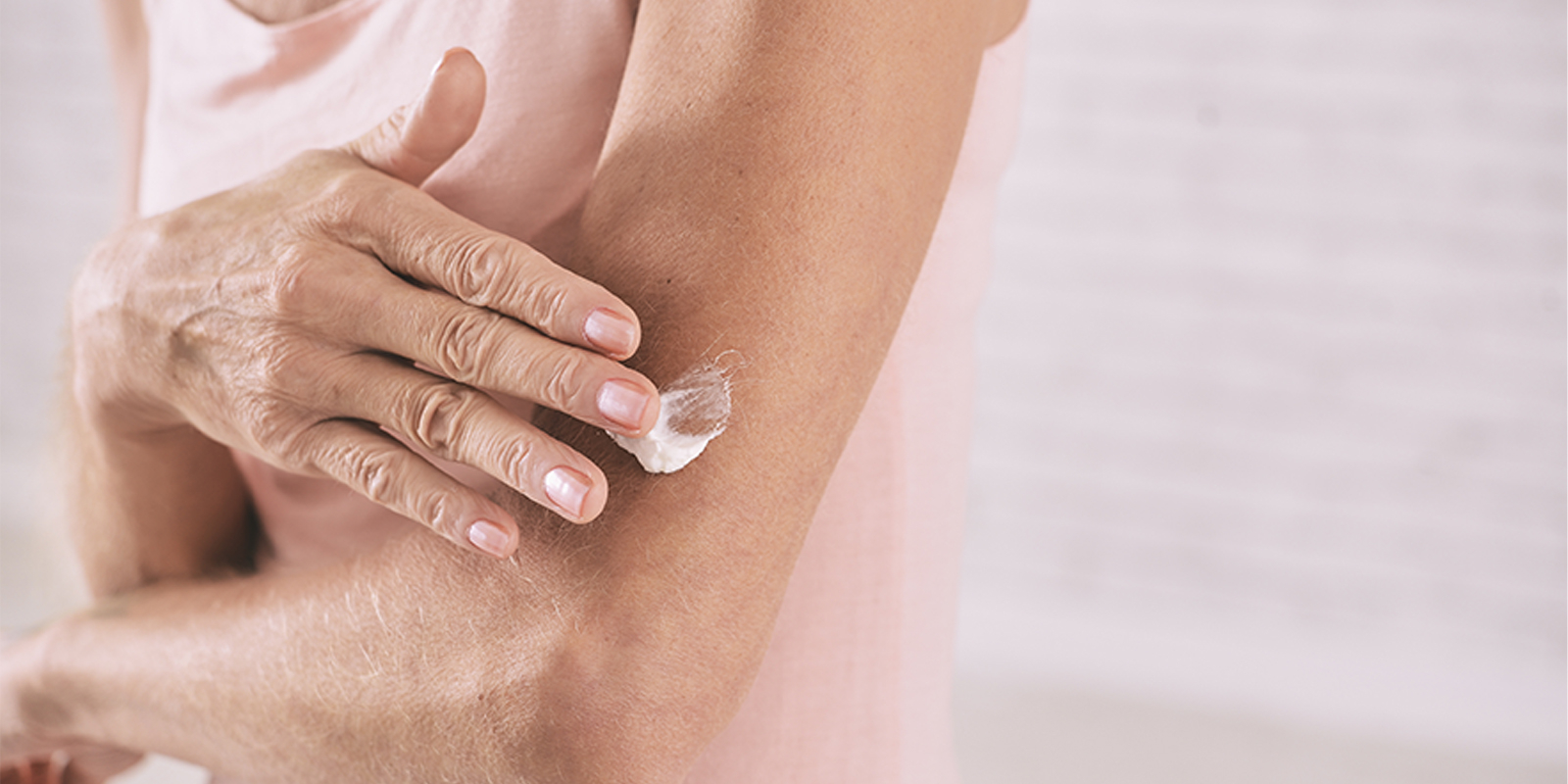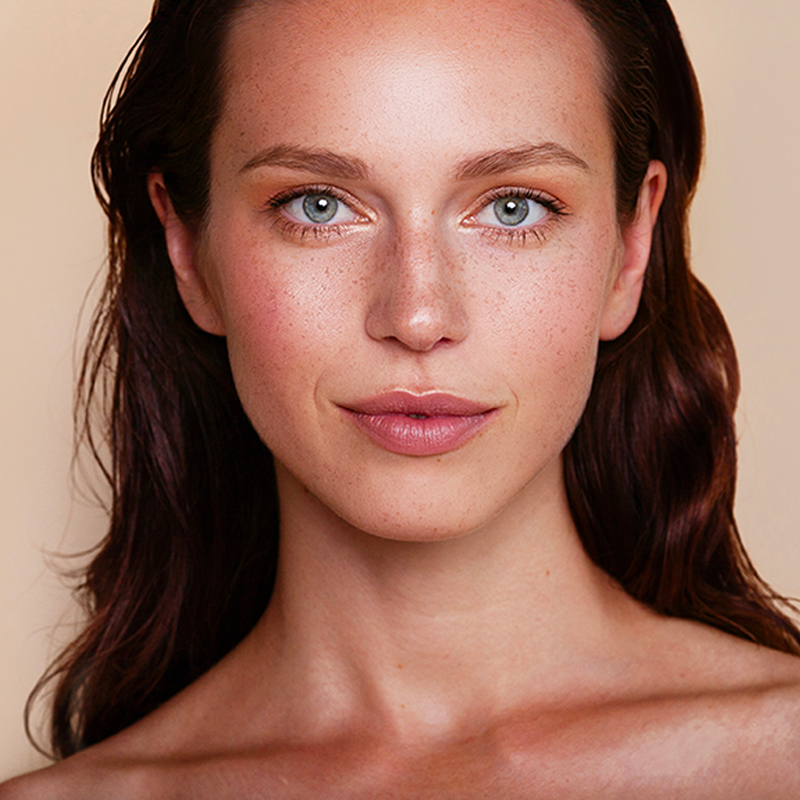Taking care of the skin can be difficult as there are many different skin types. The most important thing to remember is that hydration is the starting point to healthy skin.
Hydration is essential for the skin to look and feel healthy. Discover how to properly hydrate your skin and to keep it hydrated thanks to Bioderma experts' tips.
What is hydration?
Hydration consists of giving enough water to the skin and making sure it stays in.
The skin is made up of three layers, each one playing a role in hydration and protection:
Epidermis is an outer layer which acts as the skin barrier. It regulates trans epidermal water loss and keeps moisture locked in with natural moisturizing factors, ceramides and lipids. If this layer is damaged, the skin loses water quickly leading to dryness, flacking and sensitivity.
Dermis is a middle layer rich in collagen, elastin and hyaluronic acid. These components act like a sponge holding water and keeping the skin elastic and firm.
Hypodermis is the deepest layer, and it is made of fat cells which provide cushioning and insulation which help maintain water balance and store energy.
Water is essential for the skin and represents about 64% of its composition. When the skin is well hydrated, it is protected against external aggressors and irritants. A well hydrated skin looks smooth and feels elastic.
Why does skin lose hydration?
The moisture-locking system does not always work properly. Skin can get dehydrated if the cells underneath the epidermis lose too much water. A loss of the lipids that normally sheal in moisture can lead to dry skin.
Common skin conditions like atopic dermatitis leave the skin barrier more prone to lose its lipids and lead to dehydration.
Hydrating vs moisturizing: is it the same?
Moisturizing means preventing water loss by reinforcing the lipid barrier. Hydration means adding water to the skin. When moisturizing only focuses on the skin barrier itself, hydration goes beneath the skin barrier and benefits the cells. The role of hydration is to give water whereas moisturizer is to lock in this water.
Dry vs dehydrated skin: is it the same?
Dry skin is a skin type caused by a low level of sebum production because of genetics factors, aging, hormonal changes or skin conditions. For example, it is common for women to have dry skin during pregnancy. Dehydrated skin is a temporary condition where the skin lacks water, not oil. Find out more on what is the difference between dry skin and dehydrated skin.
How to properly hydrate my skin during the day?
Here is a daily skincare routine to keep your skin hydrated.









.jpg)

